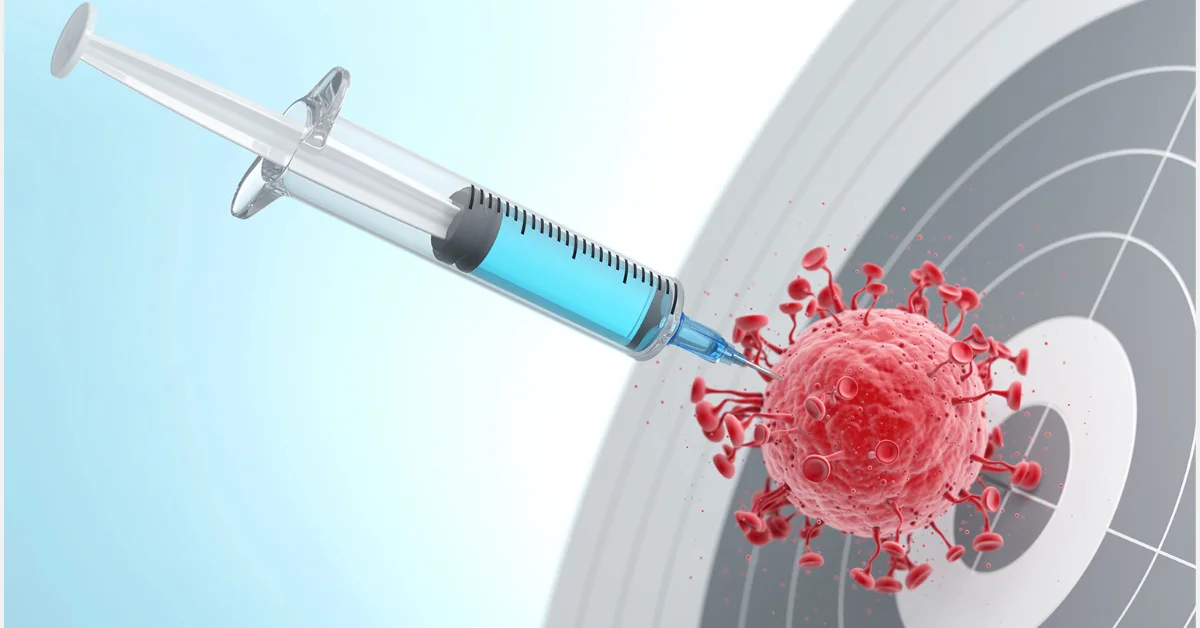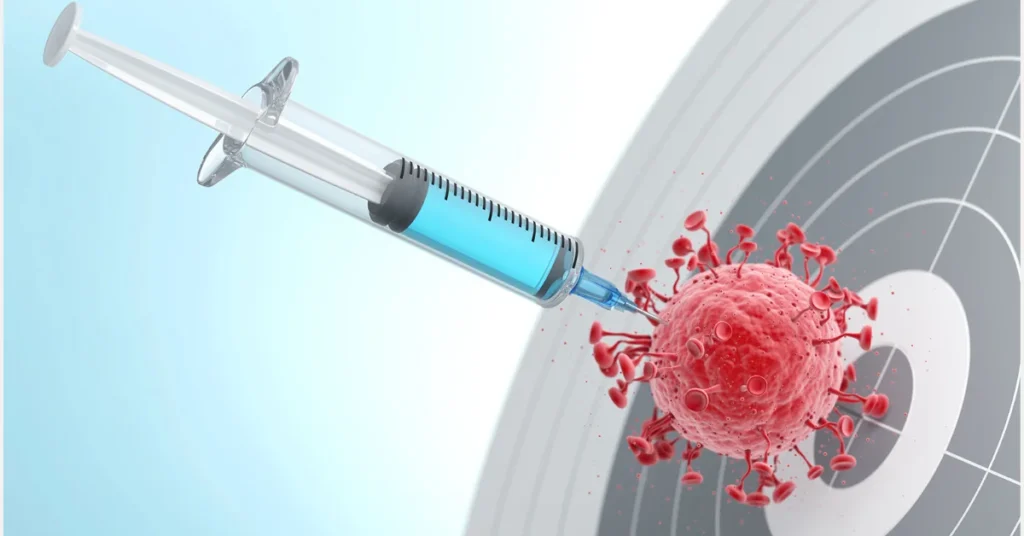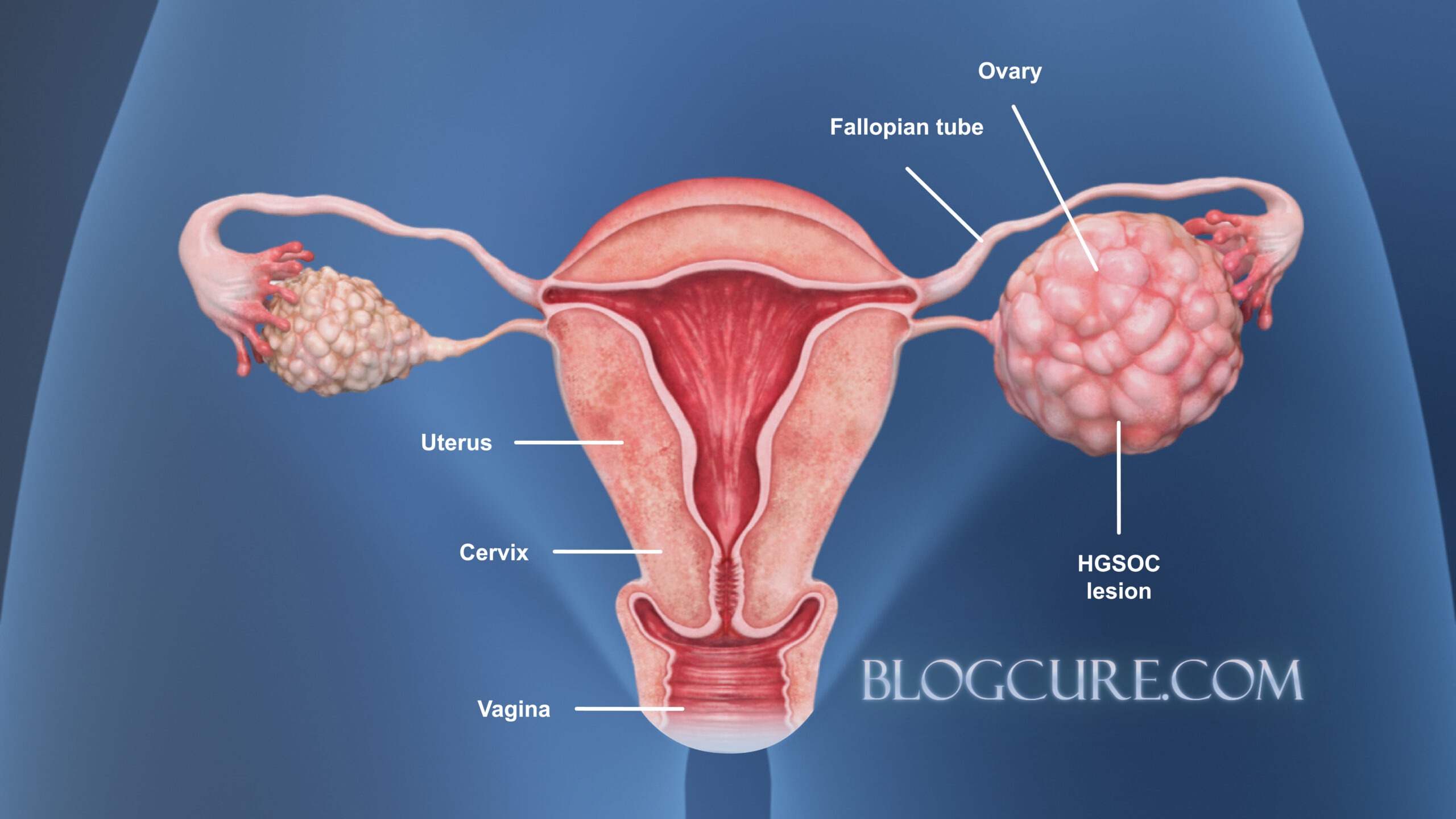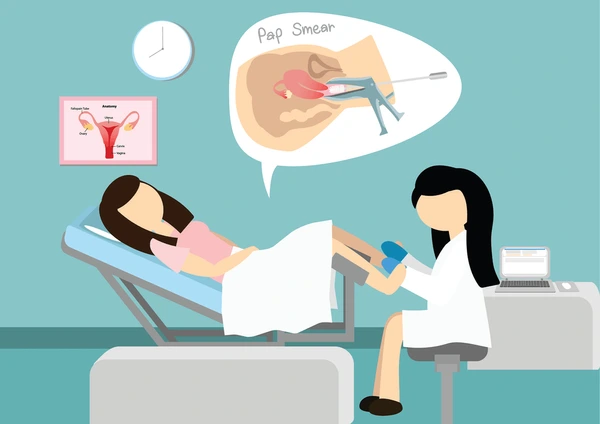
🎯 What Are Targeted Therapies? In Which Types of Cancer Are They Used?

In recent years, targeted therapies have emerged as a major breakthrough in cancer treatment. Unlike traditional chemotherapy, these medications act by focusing on specific molecular or genetic targets found in cancer cells, which helps minimize damage to healthy cells. Also known as “precision medicine” or “targeted cancer therapy,” this approach is one of the cornerstones of personalized cancer care.
🧬 What Are Targeted Therapies?
Targeted therapies are medications designed to block or interfere with specific biological mechanisms that drive cancer cell growth, survival, and spread. These drugs work by identifying and attacking certain proteins, receptors, or genes unique to cancer cells.
Common targets include:
- Cell surface receptors (e.g., HER2, EGFR)
- Intracellular signaling pathways
- Mutated or overactive proteins
- Angiogenesis (formation of blood vessels feeding the tumor)
- Mechanisms cancer cells use to escape immune detection
Compared to conventional chemotherapy, targeted therapies often result in fewer side effects and allow for more effective control of tumor growth and spread.
💡 Types of Targeted Therapy
1. Monoclonal Antibodies
These drugs bind to specific proteins on the surface of cancer cells, blocking their growth or marking them for destruction by the immune system.
Example: Trastuzumab (Herceptin) – breast cancer
2. Kinase Inhibitors
They block the signals within cells that stimulate uncontrolled division and growth.
Example: Imatinib (Gleevec) – leukemia
3. Angiogenesis Inhibitors
They prevent tumors from developing new blood vessels, thus cutting off their blood supply.
Example: Bevacizumab (Avastin)
4. Hormone Blockers (Hormonal Therapy)
Used for hormone-sensitive cancers, these drugs reduce hormone levels or block hormone action.
Example: Tamoxifen – hormone-positive breast cancer
5. Immunotherapeutic Agents (Biologic Agents)
They activate the immune system to recognize and attack cancer cells.
Examples: Nivolumab, Pembrolizumab – skin, lung, and kidney cancers
6. Anti-inflammatory Targeted Agents
These target inflammation pathways that support tumor development and progression.
🧪 Which Cancers Can Be Treated with Targeted Therapy?
Targeted therapies are commonly used in the treatment of:
- Breast Cancer (especially HER2-positive subtypes)
- Lung Cancer (e.g., EGFR or ALK mutation-positive)
- Colorectal Cancer (based on KRAS or BRAF mutation analysis)
- Leukemia and Lymphomas (especially CML, CLL subtypes)
- Melanoma (Skin Cancer)
- Prostate Cancer
- Ovarian Cancer
- Kidney Cancer
In many cases, targeted therapies are especially valuable in advanced or metastatic cancer where standard treatments are ineffective.
⏳ How Long Are Targeted Therapies Used?
The duration of targeted therapy depends on several factors:
- Type and stage of cancer
- Patient’s response to the medication
- Side effects and tolerance level
- Treatment goal (curative, disease control, or palliative care)
In some cases, therapy may last for several weeks; in others, it may continue as maintenance treatment for months or even years. If the cancer progresses or the drug becomes less effective, other targeted therapies may be introduced.
🧬 At Which Stages Are Targeted Therapies Used?
✅ Early Stage
- May be used as adjuvant therapy (to reduce risk of recurrence after surgery)
- Suitability is based on the tumor’s molecular profile
⚖️ Intermediate Stage
- Can be combined with other treatments to control tumor growth before metastasis occurs
❗ Advanced/Metastatic Cancer
- Often used as the main line of treatment when cancer is resistant or has spread
- Goal is to extend life expectancy and improve quality of life
⚠️ Possible Side Effects of Targeted Therapies
Although targeted therapies typically cause fewer side effects than traditional chemotherapy, they can still lead to certain adverse effects, such as:
- Skin reactions: rashes, redness, dryness
- Fatigue
- Diarrhea or constipation
- Mouth sores, nausea
- Low blood cell counts: anemia, infection risk
- Liver or kidney function changes
- High blood pressure
- Bleeding or blood clot issues
💡 Note: Not every patient will experience these side effects, and most can be managed effectively with prompt medical attention. Your oncology team will closely monitor your condition throughout treatment.
✅ Conclusion
Targeted therapies represent a significant advancement in modern oncology, offering a more precise and personalized treatment strategy. They improve treatment outcomes while often maintaining better quality of life. However, not all patients are candidates for targeted therapy—molecular and genetic testing is essential to determine eligibility.
Always consult your oncologist when exploring treatment options tailored to your cancer profile.
❓ Frequently Asked Questions – Targeted Therapies
1. What are targeted therapies and how are they different from chemotherapy?
Targeted therapies focus on specific molecular targets in cancer cells and cause less harm to healthy cells. Traditional chemotherapy affects a broader range of cells, including healthy ones.
2. Which types of cancer are treated with targeted therapies?
They are used in various cancers such as breast, lung, colon, leukemia, melanoma, prostate, ovarian, and kidney cancers. The choice depends on the cancer type and its genetic characteristics.
3. How long does targeted therapy last?
Treatment duration varies depending on the type and stage of cancer and the patient’s response. It can range from weeks to years as maintenance therapy.
4. What are the side effects of targeted therapies?
Side effects may include skin rash, fatigue, digestive problems, reduced blood cell counts, and changes in liver or kidney function. Generally, side effects are milder compared to chemotherapy.
5. Are targeted therapies suitable for every patient?
No. Targeted therapies are effective only if the cancer cells have specific molecular targets. Genetic and molecular testing is needed before treatment.
6. Are targeted therapies used alone or with chemotherapy?
It depends. Sometimes they are used alone; other times, combined with chemotherapy or radiation therapy.
7. What precautions should be taken during targeted therapy?
Regular doctor visits, blood tests, and monitoring for side effects are essential. Any unexpected symptoms should be reported to the doctor immediately.
8. At which stages of cancer are targeted therapies mostly preferred?
They can be used in both early and advanced stages. In early stages, to prevent recurrence; in advanced stages, to control spread.
9. Can targeted therapy completely cure cancer?
In some cases, it can be curative. However, often the goal is to control the disease and improve quality of life.
10. Can targeted therapies be taken at home?
Some targeted drugs are oral and can be taken at home, but always under doctor supervision and regular follow-up.








